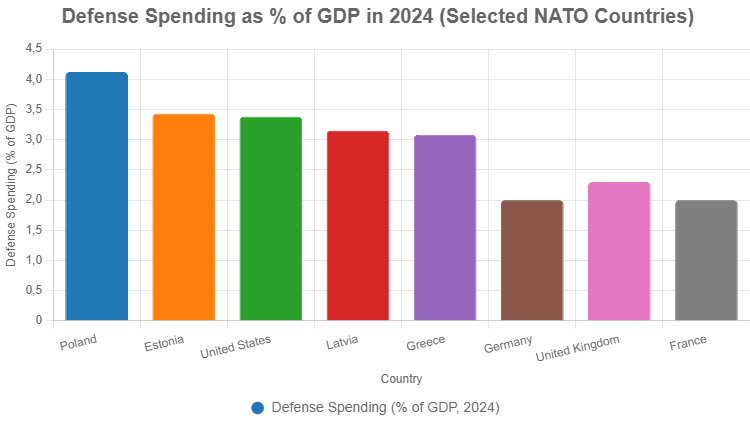In a bold move that’s raising eyebrows across defense circles, Poland has abruptly canceled its planned purchase of 32 S-70i Black Hawk helicopters, manufactured by Lockheed Martin’s Polish subsidiary, PZL Mielec. The decision, announced by Poland’s Ministry of Defense, marks a significant pivot in the country’s military procurement strategy and could ripple through Europe’s broader defense landscape.
The official rationale cites “substantially changed circumstances,” with Lt. Col. Grzegorz Polak of the Armaments Agency stating that proceeding with the contract no longer serves “public interest.” Behind this cryptic explanation lies a complex mix of evolving geopolitical realities, domestic pressures, and a rethinking of Poland’s defense priorities.
This isn’t Poland’s first about-face on a major defense deal. In 2015, Warsaw famously backed out of a near-finalized agreement to buy 50 French Caracal helicopters, sparking a diplomatic spat with Paris. The latest decision under Prime Minister Donald Tusk’s government suggests a pattern: Poland is prioritizing adaptability and pragmatism over rigid commitments to traditional allies.
The timing is telling. Globally, confidence in long-standing defense partnerships is showing cracks. Recent shifts in U.S. policy have prompted some nations to question their reliance on American hardware. Canada, for instance, is reportedly reevaluating its commitment to the F-35 program, while discussions in Brussels and Oslo increasingly focus on bolstering Europe’s independent defense capabilities. Poland’s move could be a sign of this broader trend gaining traction.
That said, Poland isn’t cutting ties with the U.S. entirely. The country still expects delivery of 96 Apache AH-64D attack helicopters between 2028 and 2032 as part of earlier agreements. Yet, frustration is growing within Polish military circles over delays and the constraints of relying on America’s drawn-out production timelines. Critics argue that these dependencies limit Poland’s ability to respond swiftly to emerging threats.
Domestically, the decision reflects a shift toward a more calculated approach, where equipment choices are driven by operational needs and rapid deployment rather than political allegiance. By walking away from the Black Hawk deal, Poland may be signaling a desire to diversify its defense suppliers—potentially opening the door to European or even Asian manufacturers.
The contrast with Sweden is striking. Swedish Prime Minister Ulf Kristersson recently downplayed concerns about reliance on U.S. weaponry, emphasizing confidence in transatlantic ties. Poland’s actions, however, highlight the diversity of approaches within Europe, where each nation is navigating its own balance of risks and priorities.
While no replacement for the Black Hawks has been announced, the decision creates opportunities for other suppliers and fuels calls for a stronger, more self-reliant European defense industry. Whether Poland will lead the charge toward greater autonomy or simply recalibrate its partnerships remains to be seen. For now, Warsaw’s move is a clear signal: flexibility is the new cornerstone of its defense strategy.
Below is a chart comparing Poland’s defense spending as a percentage of GDP with other selected European NATO countries (United States, Estonia, Latvia, Greece, Germany, United Kingdom, and France) for the year 2024, based on available data. This visualization highlights Poland’s position as NATO’s top spender relative to GDP, alongside other key European nations, to provide context for its shifting defense strategy, including the recent cancellation of the Black Hawk deal.

This chart illustrates Poland’s leading position in defense spending relative to GDP at 4.12% in 2024, surpassing even the United States (3.38%) and other European NATO members like Estonia (3.43%), Latvia (3.15%), and Greece (3.08%). Germany, the United Kingdom, and France lag behind, with spending around or below the NATO target of 2%. The data underscores Poland’s aggressive push to bolster its military capabilities, likely driven by its proximity to Russia and Ukraine, as well as historical security concerns. This context supports the narrative that Poland’s cancellation of the Black Hawk deal may reflect a strategic pivot toward diversifying suppliers or prioritizing rapid-deployment capabilities over long-term U.S.-centric contracts.



